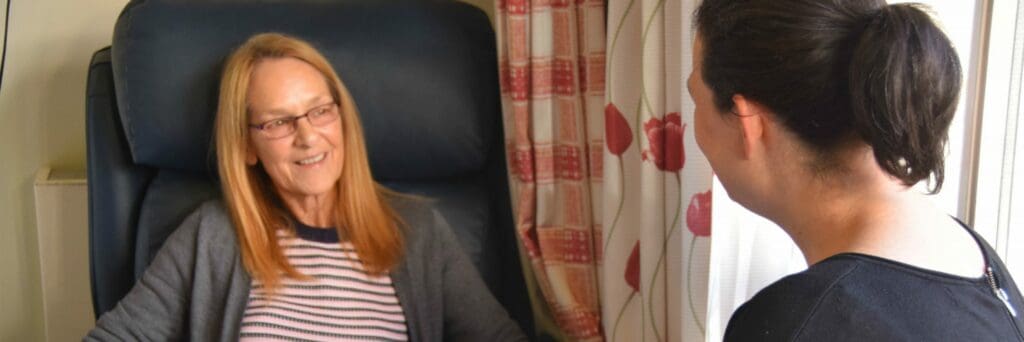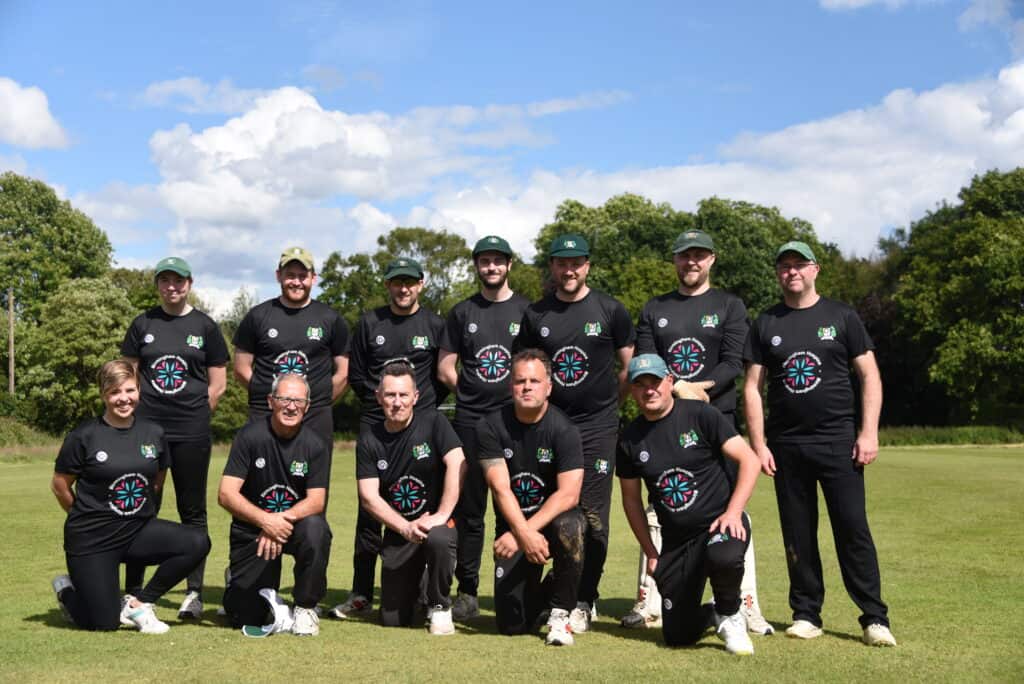Here is one of our doctors here at the Hospice, Christina, to share some of the research we’re currently taking part in…
Birmingham St Mary’s Hospice is proud to be involved in a research study led by a team at University College Hospital London called PiPS2. This stands for the Prognosis in Palliative care Study.
We know that it can be difficult dealing with uncertainty when you receive a diagnosis of a life limiting illness. Whilst some patients tell me that they want to take things day by day and have no desire to know about the future, other patients want to plan as much as possible for the future and therefore find it helpful to know their likely prognosis. The problem is that, just as each person is an individual, so is each illness, and this means that it is very difficult for doctors and nurses to be accurate when they are giving a patient a prognosis. I have lost count of the number of people who have outlived their prognosis and are surprised by this, or have deteriorated more quickly than the prognosis they were given and feel cheated.
Some clinicians have a lot more experience with people near the end of their lives than others and can rely on this to help with giving information about prognosis. This technique also becomes more accurate the nearer to the end of life a patient is. However, by the time it becomes evident that they are dying, the patient and their family usually already know, even if they have not voiced this, and it may also be too late to do the things which are important to them.
This research study therefore sets out to try to find a more objective measure of prognosis. We are doing this by asking a series of questions to patients with cancer who are referred to the Hospice about their quality of life, activities and symptoms, and by testing their blood for a number of common markers. The team at UCL hope to generate a tool which, with the answers to some questions and a series of blood tests, can more accurately predict prognosis for those patients who wish to know.
Research like this is a really important part of the work done by hospices and palliative care teams, and there are many teams involved in this project nationally. Research changes care that we deliver for patients in the future. The results of this study may well change information offered to future patients. We are hugely grateful to our patients for their selflessness in giving their time to our research team and being supportive in considering taking part in research.
Some of you may have been asked about being involved, or have received a patient information leaflet. If you haven’t don’t worry, the study has very specific inclusion and exclusion criteria, so we cannot invite everyone to take part. For those of you who have taken part, or whose relatives have taken part, thank you for changing our knowledge and understanding of care.
To find out more about the research we’re involved in, please visit our research section by clicking here.



